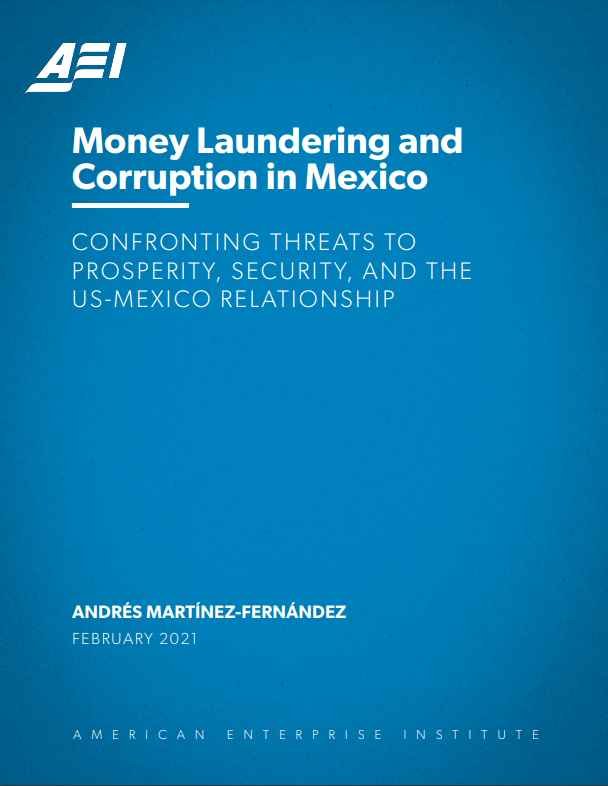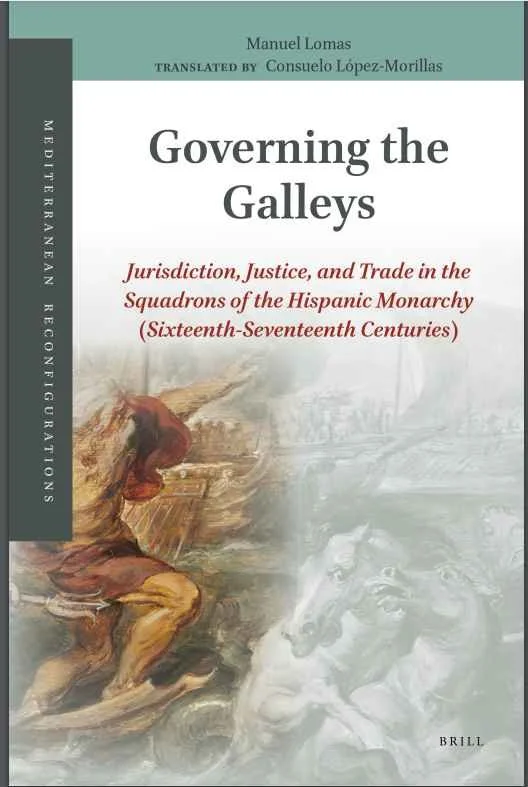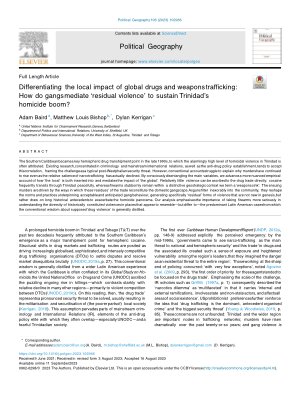By Damon L. Perry
In Britain, no one has the right not to be offended. Words or actions that are taken by some as offensive – whether they relate to religion, sexuality or race – are not criminal as long as they are not intentionally hostile and meant, or likely, to incite hatred. The statutory guidance on Non Crime Hate Incidents, revised in March 2023, is consistent with the law in this regard. It states: “Fundamentally, offending someone is not, in and of itself, a criminal offence. To constitute an offence under hate crime legislation, the speech or behaviour in question must be threatening, abusive or insulting and be intended to, or likely to, stir up hatred”. Yet, this does not seem to be fully acknowledged in Britain’s schools. As this revealing survey of over a thousand teachers from YouGov and Policy Exchange demonstrates, since the Batley Grammar School protests, a small but significant proportion of British teachers have self-censored to avoid offence on religious grounds – 16%. (That proportion is slightly higher for teachers of certain subjects, including almost a fifth of all English teachers and art teachers – 19%). In areas with the largest Muslim populations, around 10% fewer teachers do not self-censor than those in areas with the smallest Muslim populations. A worrying proportion believe that – regardless of a teacher’s intentions – images of the prophet Muhammad should never be used in classrooms, even in the teaching of Islamic art or ethics: In addition to the 55% of teachers that would not personally use an image of Muhammad independently from the Batley Grammar School protests, an additional 9% said they personally were less likely to use it as a result of the events in Batley. The case of the teacher at Batley Grammar who went into hiding after death threats thus appears to have had a significant impact on teachers’ confidence and willingness to use materials that fall within the scope of the law. Alarmingly, half of British teachers believe that if blasphemy-related protests led by activist and advocacy groups occur outside their schools, there would be a risk to their physical safety. Despite most teachers thinking that headteachers get the balance right – between supporting them to use materials that are on the right side of the law but which might offend, and ensuring no offence is caused – they are clearly in need of greater confidence in the support they can expect from their headteachers and, in the case of activist-led protests outside their school gates, the police. Recent events have given further impetus to concerns regarding the physical safety of teachers and the security at schools. On 13 October, 2023, in Arras, France, a literature teacher, Dominque Bernard, was killed in a knife attack; the suspect, an Islamist extremist, was looking for teachers of history or geography. The case has been compared to that of Samuel Paty, the teacher who was killed three years ago by an Islamist extremist for showing cartoons of Muhammad to a class on freedom of expression. Both teachers have been described by President Macron as champions of the values of the French republic. Although this tragic incident took place across the Channel, France’s battle with Islamist extremism is one shared with the UK. Closer to home, in the wake of the Hamas terrorist attacks on hundreds of civilians in Israel on 7 October, protests on the streets of the UK against Israeli reprisals in the name of the Palestinian “resistance” have demonstrated alarming levels of hateful extremism and antisemitism.5 Some Jewish schools were forced to close on 13 October, when Hamas called for a “Global Day of Jihad”, and several Jewish schools were vandalised with red paint. The atmosphere has been fraught. The Department for Education wrote to school leaders “to ensure that any political activity from pupils in response to the crisis does not create an ‘atmosphere of intimidation’” etc.
London: Policy Exchange, 2024. 51p.

























